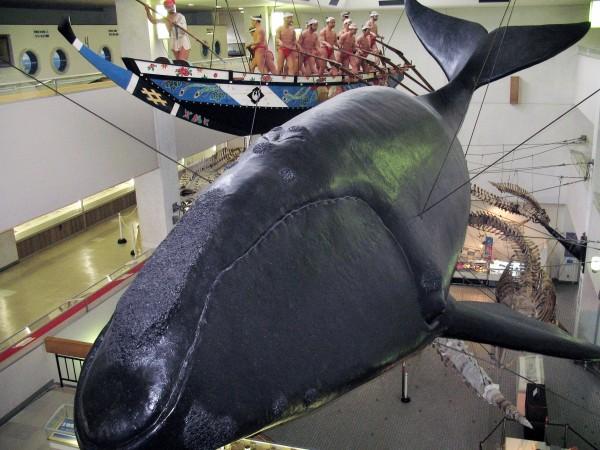
Japan on Wednesday announced its withdrawal from the International Whaling Commission (IWC) conservation body and that it will restart commercial whaling from July, 2019.
Commercial whaling was banned by the IWC in 1986 after some species were almost driven to extinction, the BBC reported.
With this move, Japan will be able to freely hunt species currently protected by the IWC, like minke whales. Conservation groups warn the move will have serious consequences.
A statement by Japan's government said the IWC was not committed enough to supporting sustainable commercial whaling.
Government spokesman Yoshihide Suga said commercial whaling would be restricted to Japanese territorial waters and economic zones. And, it will stop hunting in Antarctic waters and the southern hemisphere.
For many years Japan has hunted whales for what it calls "scientific research" and to sell the meat, a programme widely criticised by conservationists.
According to officials in Japan, eating whales is part of the country's culture. A number of coastal communities in Japan have hunted whales for centuries, but consumption in the country surged only after World War II.
Before the formal announcement was made, Nicola Beynon from the Humane Society International in Australia, said Japan would be "operating completely outside the bounds of international law", the BBC reported.
"This is the path of a pirate whaling nation, with a troubling disregard for international rule," she added.
Greenpeace Japan urged the government to reconsider, and warned it would risk criticism as the host of the G20 summit in June.

















